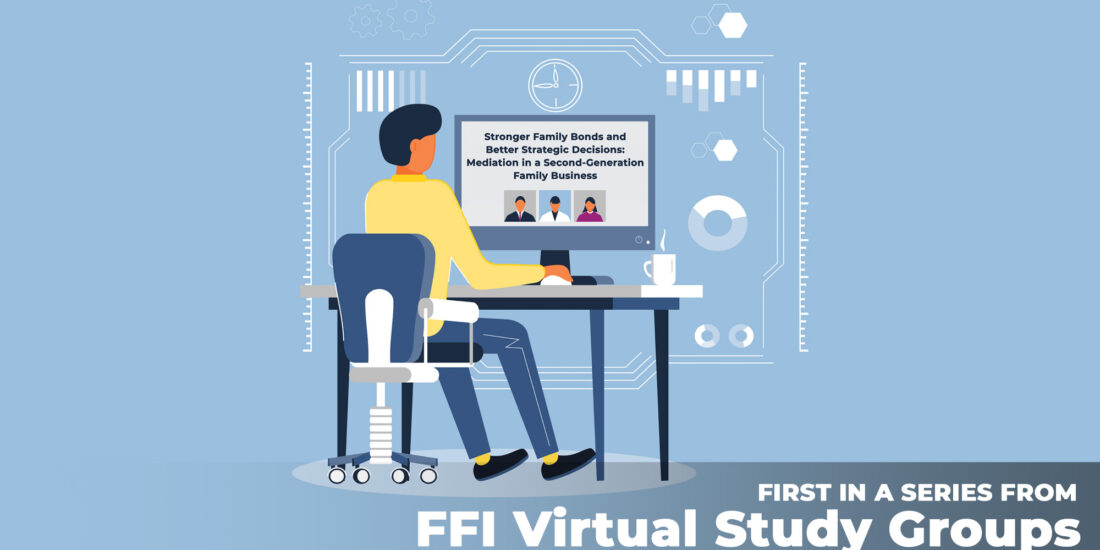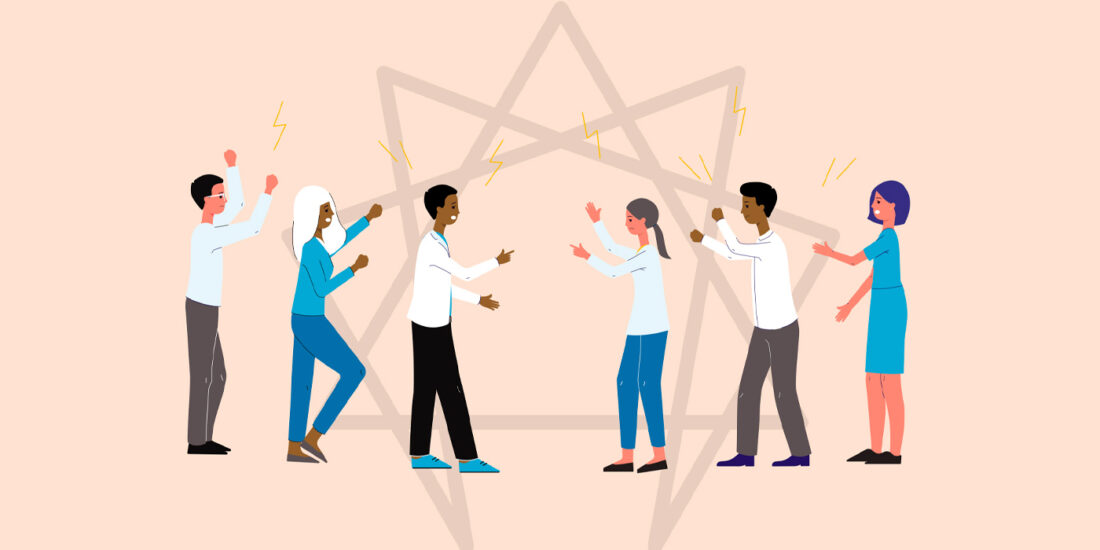Thanks to Mariana Martinez, founder of Bethesda Family Therapy, for her blog exploring the relationships between human and animal groups and how individuals in both systems effect the system itself. Important insights for practitioners in the family enterprise field.
Yours in Practice,
The Practitioner
What governs group behavior? Studies of animal groups report that the behavior of individuals within groups (flocks, schools of fish, ant colonies) are governed by the group. (1,2) Paradoxically, studies also report that one individual, under certain conditions, has the potential to change the behavior of the group. This is well described by Ian Couzin in his account of animal migration: “If one individual is confused, it can follow others. When its own magnetic sensing or memory is stronger, it in turn becomes influential. So you have ever changing leadership according to the quality of information each individual possesses.” (3)
This apparent incongruence — the system regulating the individual and the individual altering the system — is also true in human groups. Bowen family systems theory describes this phenomena and explains the mechanisms through which this happens. The theory postulates that two main variables — differentiation of self and anxiety — can explain how the functioning and behavior of an individual is regulated by the group. It also describes the way in which an individual, through working on self, can emerge as a leader in a group and promote better functioning of self and of the system as a whole.
Working on defining a self, particularly in one´s own family, increases the capacity of an individual to access her/his best thinking while engaging an anxious system. It results in a calmer presence, greater capacity to assess reality, and more flexibility in both thinking and behavior. Such individuals, if they can sustain their effort and not to be swept up by the emotionality of the group, have the potential to impact the system in such a way that others begin to raise their functioning as well. When this happens, the group is a completely different organism.
Michael Kerr says: “Striking parallels exist in the interactions of cells, ants, mammals, families, organizations and communities. Relationship systems at all levels respond to anxiety in predictable ways. Chronic anxiety can transform orderly cooperation into disruptive conflict. The keys to applying this knowledge are fathoming how a system works and one´s part in it. Bowen theory is sufficiently accurate to provide a reliable blueprint for change.” (4)
Bowen Theory benefits from knowledge coming from animal studies. The theory postulates that “far more human activity is governed by man´s emotional system than has been willing to admit, and there is far more similarity than dissimilarity between the “dance of life” in lower forms and the “dance of life” in human forms.” (5) Learning about how other species get organized in social groups, and what are the laws that regulate their interactions is extremely useful to understanding humans in various group settings such as the family, organizations, and society in general.
1. Strandburg-Peshkin, A., Farine, D.R., Couzin, I.D. & Crofoot, M.C. (2015) Shared decision-making drives collective movement in wild baboons, Science 348(6241), 1358-1361.
2. Howard, LA., Gordon, D.M (2015). Ants and Families In: The Family Emotional, Noone, R.J. & Papero, D.V. (Eds.), New York: Lexington Books.
3. Explorers. Bio. (n.d.). Retrieved from https://www.nationalgeographic.com/explorers/bios/lain-couzin/
4. Kerr, M. (2001). From the Editor. Family Systems 5(2), 98-100.
5. Bowen, M. (1978). Family Therapy in Clinical Practice. New York: Aronson.
The Bowen Center´s Spring Conference presents Flocks, Families & Organizations from April 21-22, Washington DC. This conference will address the functioning of individuals within groups, the impact of the group on individuals, and the contribution of Bowen Theory to the understanding of this relevant issue.
About the contributor
 Mariana Martinez, CFWA, is the founder of Bethesda Family Therapy, a consulting company serving clinical and legacy families in Maryland. She is also on the faculty at the Bowen Center for the Study of the Family in DC. Mariana is a member of the 2017 FFI conference program committee. She can be reached at mmartinez@thebowencenter.org.
Mariana Martinez, CFWA, is the founder of Bethesda Family Therapy, a consulting company serving clinical and legacy families in Maryland. She is also on the faculty at the Bowen Center for the Study of the Family in DC. Mariana is a member of the 2017 FFI conference program committee. She can be reached at mmartinez@thebowencenter.org.





